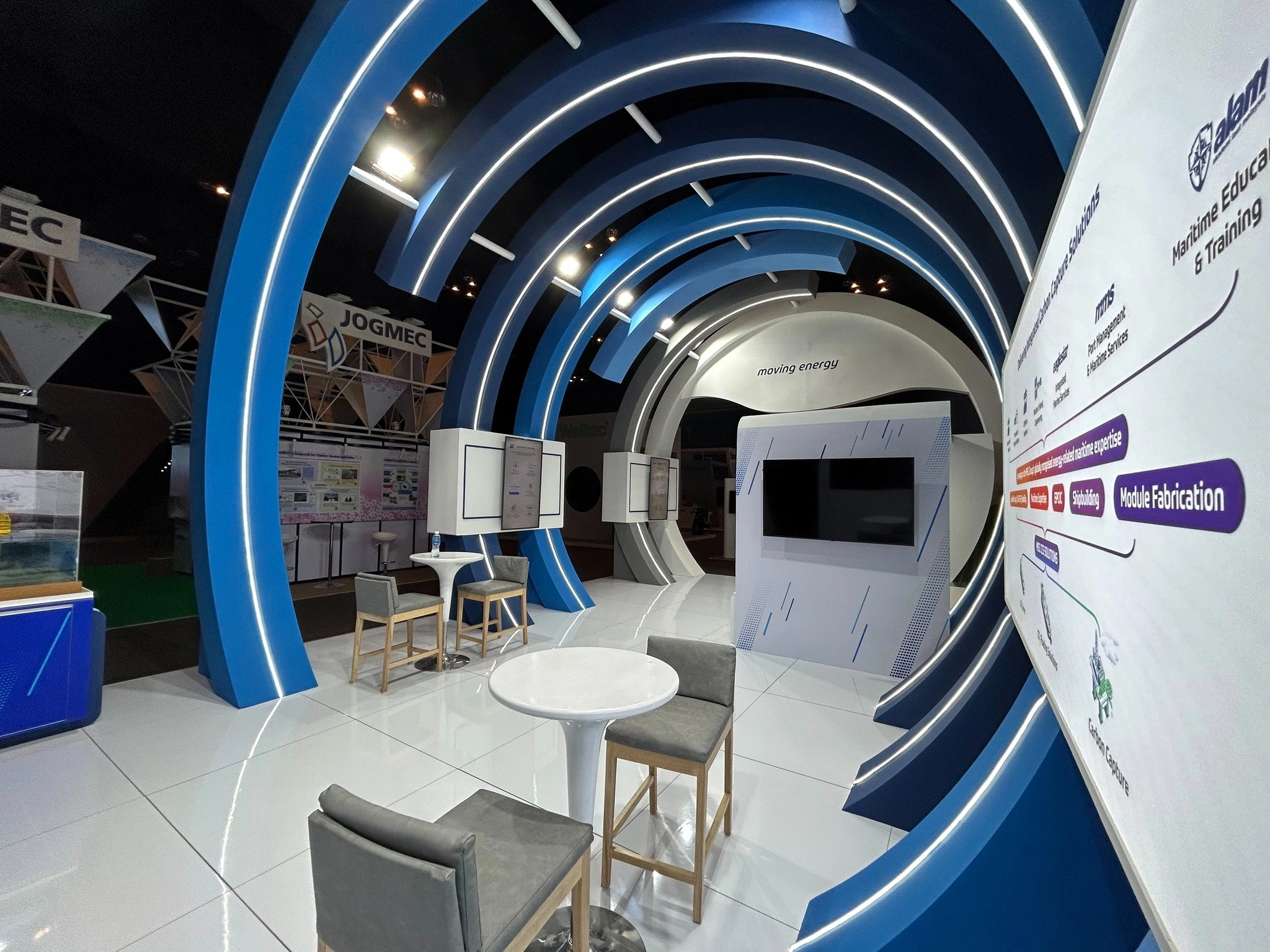
In today’s fast-paced digital landscape, media companies face constant pressure to deliver high-quality content quickly, efficiently, and across multiple platforms. To stay competitive, having a robust CMS for media companies is no longer optional—it’s a necessity. A content management system (CMS) allows publishers, journalists, editors, and marketing teams to streamline their workflows, manage large volumes of content, and deliver seamless user experiences to audiences worldwide.
But with so many CMS options available, how can media companies decide which one is truly the best? In this guide, we’ll explore the key features that media organizations should look for in a CMS, the challenges they face, and why choosing the best CMS for media companies can transform the way they operate.
Why Media Companies Need a Specialized CMS
Unlike standard websites or e-commerce platforms, media organizations operate in a high-pressure environment where speed, scalability, and reliability are critical. A generic CMS may not provide the tools required to meet these demands. Media companies need:
- Faster Publishing Speeds: Breaking news and trending stories require rapid publishing to capture audience attention before competitors.
- Multichannel Distribution: Content must reach not just the website, but also mobile apps, social media, and newsletters simultaneously.
- High Scalability: News websites often experience sudden traffic surges when stories go viral, requiring a CMS that can handle spikes without downtime.
- Collaboration Tools: Editorial teams need the ability to coordinate, edit, and review content efficiently.
Without a specialized CMS, media companies risk losing readership, revenue opportunities, and even credibility.
Features to Look for in a CMS for Media Companies
When evaluating CMS options, media organizations should prioritize platforms that offer these essential features:
1. Seamless Editorial Workflows
A good CMS should allow multiple team members to work together, from journalists drafting articles to editors making revisions and designers adding visuals. Real-time collaboration saves valuable time and reduces errors.
2. SEO and Audience Growth Tools
For media companies, visibility is everything. An ideal CMS should include SEO optimization, metadata management, structured data, and analytics integrations to maximize reach.
3. Multimedia Support
Modern media is not limited to text. From videos and podcasts to interactive graphics, a CMS must handle multiple content formats with ease.
4. Social Media Integration
A strong CMS allows direct publishing to platforms like Facebook, X (formerly Twitter), LinkedIn, and Instagram, ensuring consistent messaging across all channels.
5. Scalability and Security
Since media sites are frequent targets for cyberattacks and sudden surges in traffic, a CMS should have robust security features and the ability to scale on demand.
6. Monetization Options
Media companies depend on ad revenue, subscriptions, and paywalls. The CMS should support monetization strategies seamlessly without compromising user experience.
Benefits of Choosing the Right CMS
By investing in a specialized CMS for media companies, organizations can enjoy significant advantages:
- Faster time-to-market: Publish breaking news within seconds.
- Higher audience engagement: Deliver multimedia-rich stories tailored to user preferences.
- Revenue growth: Enable advanced monetization features like native ads and subscription models.
- Data-driven decisions: Access audience insights and analytics to refine content strategies.
- Global reach: Deliver content across languages and platforms without technical barriers.
The right CMS becomes more than just a tool—it becomes the foundation of a media company’s success.
Common Challenges Media Companies Face with CMS
While CMS platforms are powerful, not all are created equal. Many organizations encounter challenges such as:
- Slow load times that drive audiences away.
- Limited customization that restricts branding and user experience.
- Complicated back-end systems that slow down editorial teams.
- Weak mobile optimization, despite most users consuming news on smartphones.
Choosing the wrong CMS can result in wasted time, higher costs, and missed opportunities. This is why researching the best CMS for media companies is crucial before making a decision.
Why RebelMouse is a Strong Choice
Among the leading CMS platforms, RebelMouse stands out as a top solution for modern publishers. Built specifically for media companies, it offers:
- Lightning-fast performance with a focus on Core Web Vitals.
- AI-driven distribution tools to maximize reach on social media and search engines.
- User-friendly editorial tools that make collaboration seamless.
- Customizable design flexibility without requiring heavy coding.
- Proven track record with global publishers and digital-first organizations.
By combining speed, innovation, and flexibility, RebelMouse empowers media companies to thrive in today’s competitive environment.
Final Thoughts
Selecting the right CMS for media companies can make or break digital success. Media organizations need platforms that go beyond simple content management—they need systems designed for speed, scale, monetization, and audience engagement.






